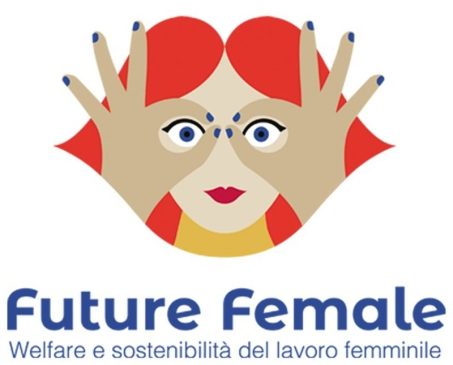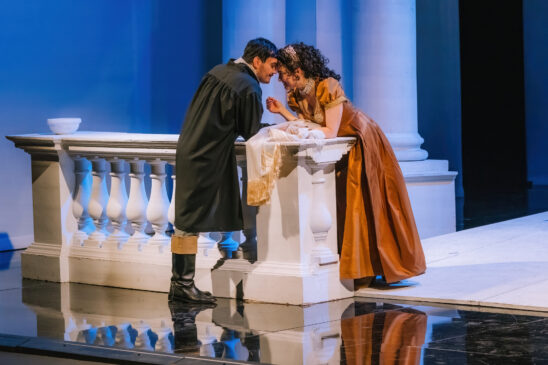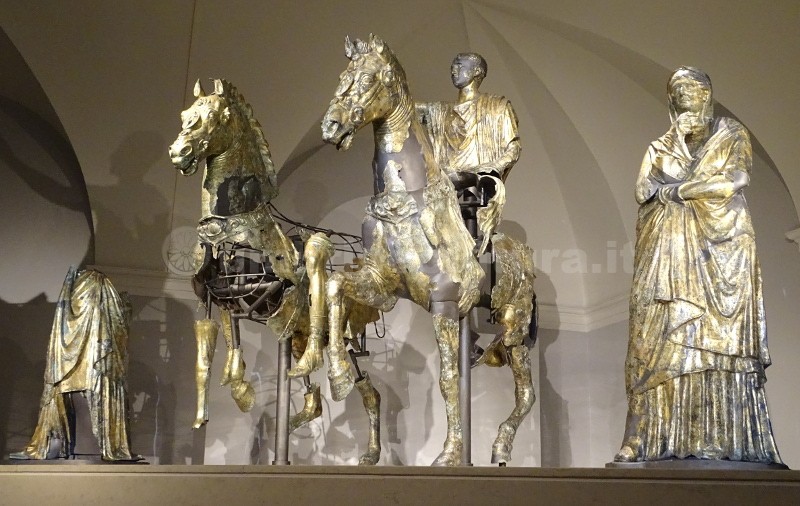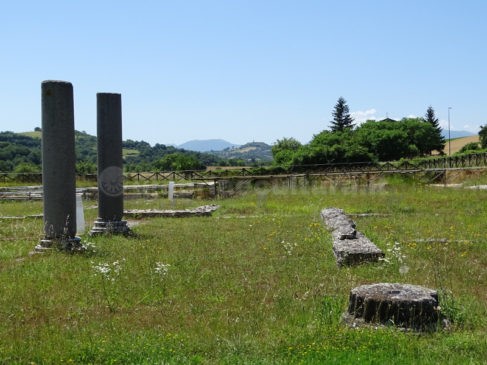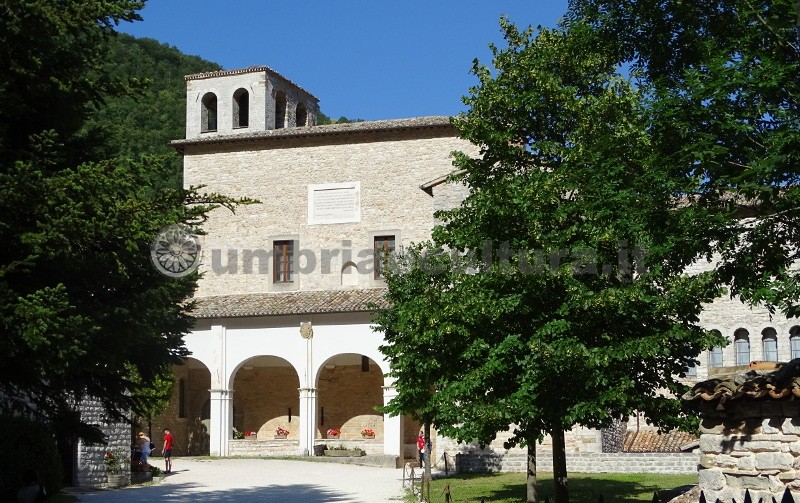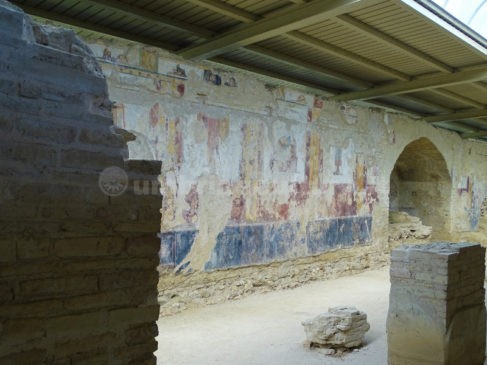C’è tempo fino al 3 febbraio 2025 per partecipare alla IV edizione del Premio “Future Female. Welfare e sostenibilità del lavoro femminile”, un’iniziativa della Consigliera di Parità della Regione Umbria, in collaborazione con l’Associazione Sovrapensiero. Questo prestigioso riconoscimento è dedicato alle aziende e organizzazioni che promuovono la parità di genere attraverso politiche di welfare innovative e sostenibili. L’obiettivo è valorizzare…
Read MoreCategoria: Marche
Emmepi Group per un Natale di solidarietà e riconoscenza
Emmepi Group celebra il Natale 2024 con due iniziative solidali: 40mila euro donati alla ricerca oncologica e 650mila redistribuiti ai dipendenti. Un esempio di responsabilità sociale e riconoscenza In occasione delle festività natalizie, Emmepi Group si distingue per il suo impegno sociale con due significative iniziative: una donazione di 40mila euro a favore della ricerca oncologica e la redistribuzione di…
Read MoreEfficenza energetica. Caldaie a condensazione: Caratteristiche e funzionalità
Investire nell’efficienza energetica è diventato fondamentale non soltanto in termini di sostenibilità, ma anche in ottica risparmio. Acquistare degli elettrodomestici appartenenti ad un’alta classe energetica aiuta infatti moltissimo a risparmiare sulle bollette e a garantire una drastica riduzione degli sprechi. Tra i prodotti più popolari ad apprezzati di questa categoria vi sono senza dubbio le caldaie a condensazione, concepite con…
Read MoreCassa Risparmio Orvieto lancia “Futura” a sostegno dell’imprenditoria femminile
La Cassa di Risparmio di Orvieto si impegna per promuovere l’inclusione economica e lo sviluppo delle imprese femminili con il lancio di Futura – il domani è rosa. Questo innovativo prodotto finanziario è pensato per sostenere le piccole e medie imprese guidate da donne, incluse le start-up innovative e le libere professioniste, garantendo un accesso semplificato al credito per favorirne la crescita e…
Read MoreCon il Rotary, Todi guarda al futuro dell’Ucraina
Iniziativa pubblica a Todi con l’incontro su ‘La nuova situazione internazionale e il futuro dell’Ucraina’, promosso dal Rotary nell’ambito del Progetto ‘Dall’Ucraina martoriata alla pace nel mondo’, seguito dal Presidente del Club tuderte Sergio Guarente con il patrocinio del Comune di Todi. Due le sessioni previste, entrambe presso la Sala del Consiglio Comunale: giovedì 28 novembre 2024 alle 17,30 e…
Read MoreMicrocredito di libertà: premio dedicato al coraggio femminile
In occasione della giornata contro la violenza di genere la Ministra per le pari opportunità e la famiglia, Eugenia Roccella, insieme al Presidente dell’Ente Nazionale per il Microcredito, Mario Baccini, hanno aperto i lavori del II ENM Award dedicato al progetto “Microcredito di libertà”. Questo evento e i premi assegnati sono stati dedicati alla forza e alla tenacia delle donne che escono dai percorsi dei…
Read MoreTosca apre la stagione della Fondazione Rete Lirica delle Marche
La Fondazione Rete Lirica delle Marche apre la sua Stagione 2023/2024 con Tosca, capolavoro del 1900 scritto da Giacomo Puccini, su libretto di Giuseppe Giacosa e Luigi Illica dal dramma omonimo di Victorien Sardou. Sarà un allestimento ricco di significato per il mondo della lirica: si tratta infatti di uno dei primi omaggi al compositore toscano in vista delle celebrazioni per il…
Read MoreThe Gilded Bronzes from Cartoceto di Pergola
In Pergola, a small town in the Marche region, there is a treasure unique in the world, a very important example of Roman statuary of enormous historical and artistic importance: the group of the Gilded Bronzes from Cartoceto. The Bronzes, known as “Golden Bronzes from Cartoceto di Pergola” is one of the few equestrian groups from the Roman era that…
Read MoreSassoferrato: Sentinum archaeological park
The archaeological park of Sentinum, near Sassoferrato in the province of Macerata, houses the ruins of the ancient Roman city of the same name. The battle of 295 that took place in Sentinum, the Third Samnite War, saw the prevalence of Rome over Gauls, Samnites and Etruscans, alongside the Picenes. From this moment on, Rome is a power that expands…
Read MoreThe Monastery of the Holy Cross of Fonte Avellana
The Monastery of the Holy Cross of Fonte Avellana, in the province of Pesaro and Urbino, is a very imposing structure, the result of a numerous series of extensions, on the slopes of Mount Catria. The Monastery of Santa Croce di Fonte Avellana was founded around 980 by the first followers of Romualdo di Ravenna, like numerous other realities…
Read MoreThe medieval church of Santa Croce dei Conti in Sassoferrato
Between east and west and sacred and profane symbols, the abbey of Santa Croce dei Conti Atti in Sassoferrato fascinates with its history and appearance. Probably a Templar garrison, the exact dating of the foundation of the church of Santa Croce is not known: a first thesis refers it to the Counts Atti, dating back to 1100, while a document…
Read MoreThe archaeological site of the Roman city of Urbs Salvia
The Roman city of Urbs Salvia, in the Marche region, stretched along the slope of San Biagio hill to the bottom of the valley, reaching the Fiastra river which, 3-4 km from the archaeological site, flows into Chienti river. The Roman city, oriented north, in the flat part had the extra urban part with the amphitheater. The current road, which…
Read More